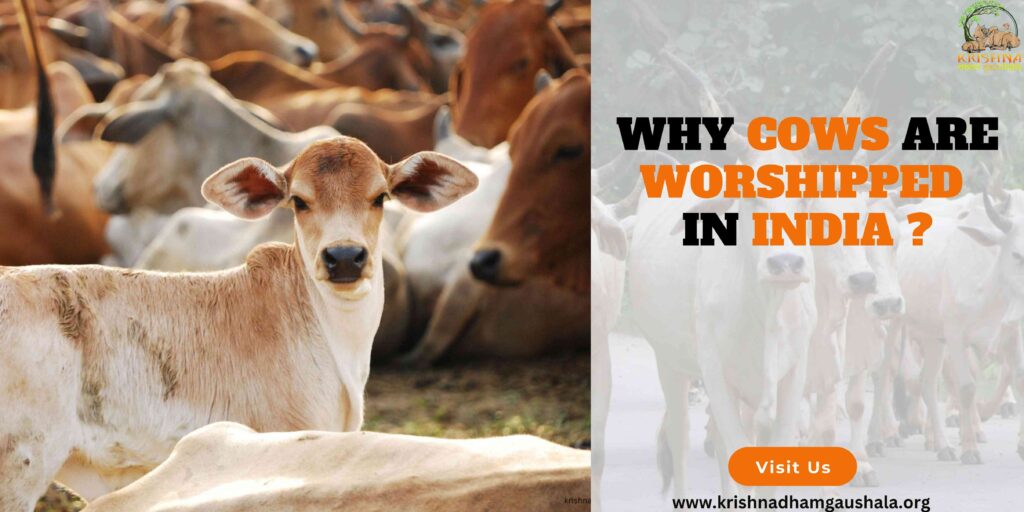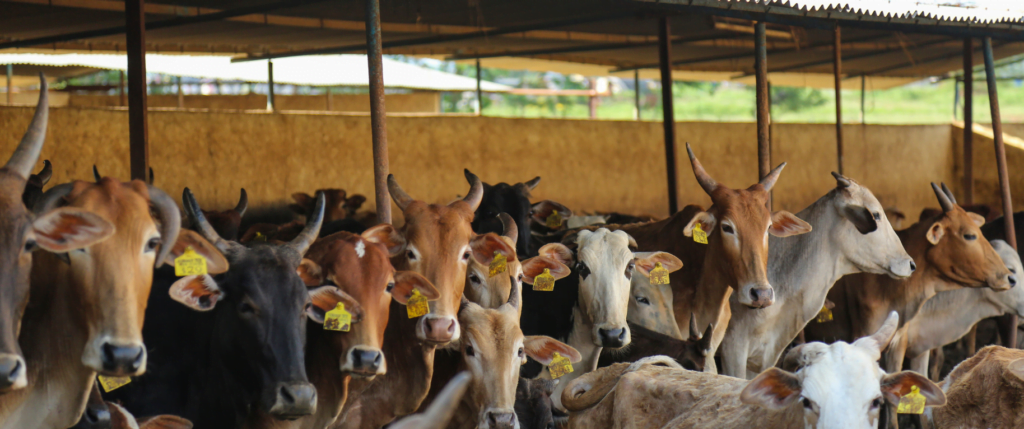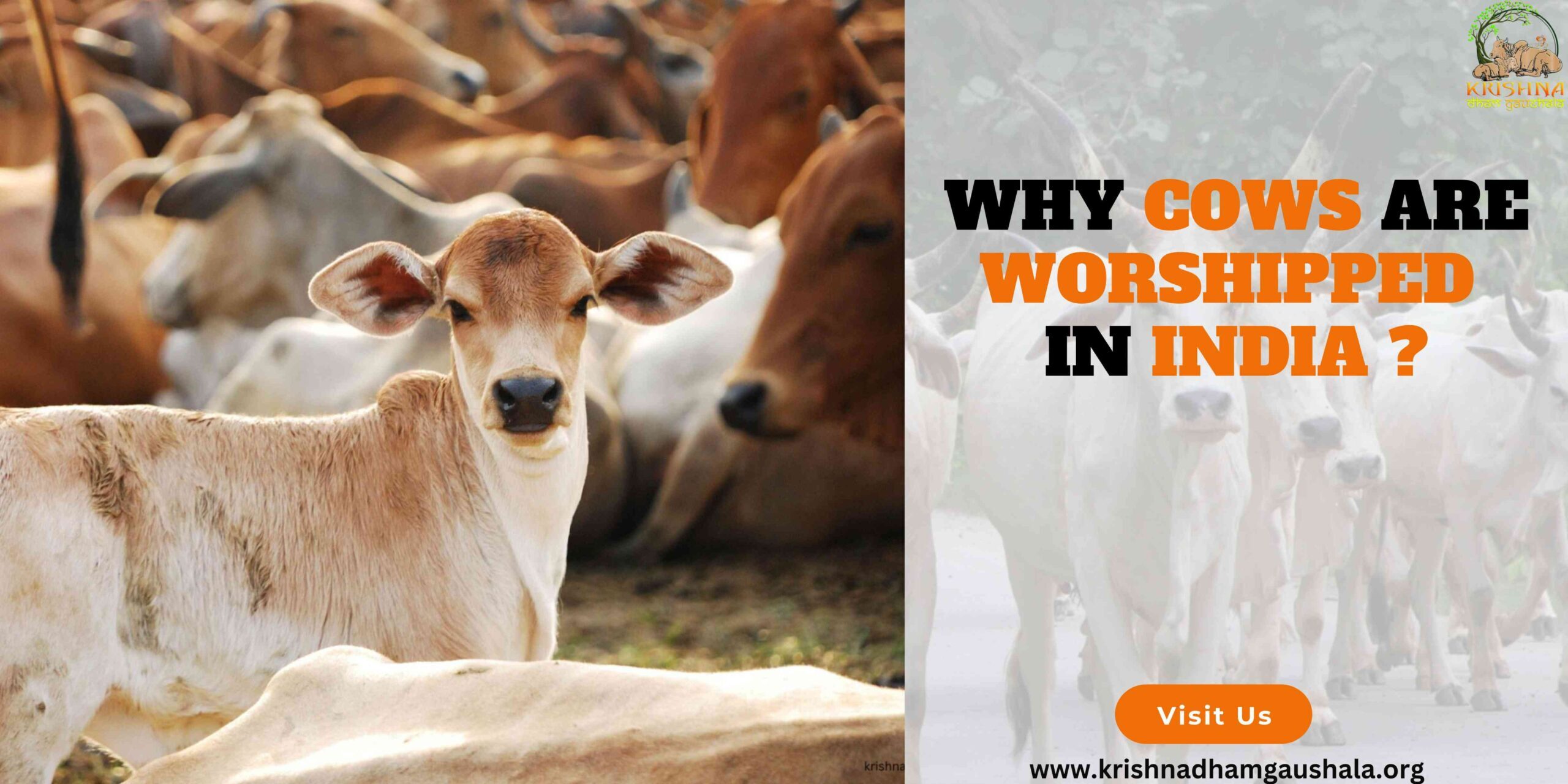Why Cows Are Worshipped in India ?

Why Cows Are Worshipped in India
In India, cows are more than just animals, they are deeply revered and hold a special place in the hearts of many. This respect for cows is rooted in ancient traditions, religious beliefs, and cultural practices. Let’s explore why cows are worshipped in India.
1. Religious Significance
One of the primary reasons cows are worshipped in India is due to their importance in Hinduism. Hindus regard cows as sacred and consider them a symbol of life and sustenance. This belief comes from ancient scriptures and religious texts.
Why Cows Are Worshipped in India – In Hindu mythology, cows are associated with various deities. For instance, the cow is linked to Lord Krishna, who is often depicted as a cowherd and is known for his love of cows. In another aspect, the cow is seen as a manifestation of the Earth itself, providing for and nurturing life.
The sacred cow, often called “Gau Mata” (Mother Cow), is respected as a source of nourishment and a provider of life’s essentials, much like a mother is to her children. This nurturing aspect strengthens the bond between humans and cows, making their reverence a part of daily life.
2. Economic Importance
Cows play a crucial role in the rural economy of India. They are a source of milk, which is a staple in the Indian diet and a significant part of the economy. Milk and dairy products are essential in Indian cuisine, used in everything from daily meals to religious offerings.
In addition to milk, cows provide other valuable products. Cow dung is used as a natural fertilizer, which is vital for farming. It is also used as fuel in rural areas, helping families cook their meals and heat their homes. Cow urine is believed to have medicinal properties and is used in traditional remedies.
3. Cultural Practices
Cows are also integral to various cultural practices and festivals in India. For example, during the festival of Pongal in Tamil Nadu, cows are decorated and honored as part of the celebrations. Similarly, in the festival of Gopastami in North India, cows are worshipped and their well-being is prayed for.
These cultural practices not only highlight the respect for cows but also reinforce their importance in everyday life. They bring communities together and strengthen the social fabric through shared beliefs and practices.
4. Symbol of Non-Violence
In Hinduism, the principle of non-violence, or “Ahimsa,” is highly valued. The cow, being a gentle and harmless animal, embodies this principle. Revering cows is seen as a way to practice and promote non-violence. This respect extends to all forms of life, emphasizing compassion and kindness.
Conclusion
The worship of cows in India is a multifaceted tradition with deep roots in religion, culture, and economy. Cows are seen as sacred beings that symbolize life, nourishment, and non-violence. They are essential to the rural economy and play a significant role in cultural practices and festivals. This profound respect for cows reflects the values of care, sustenance, and reverence for life that are central to Indian society.
Also check out our YouTube Channel



